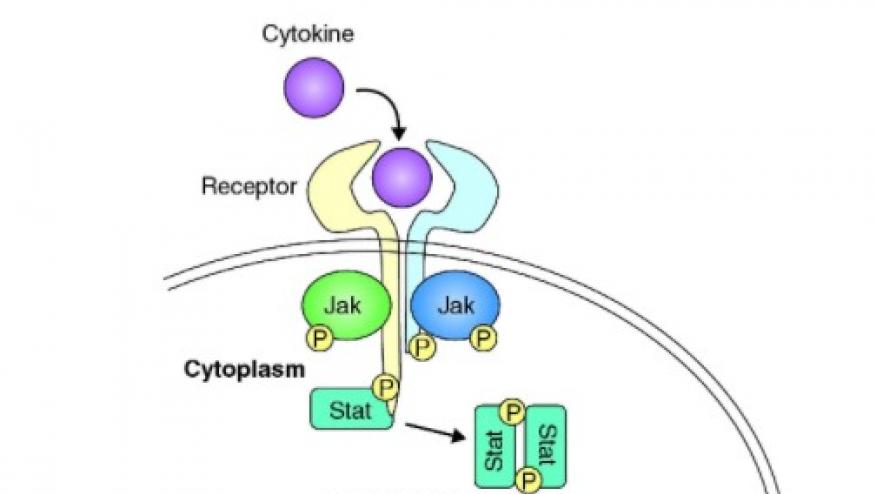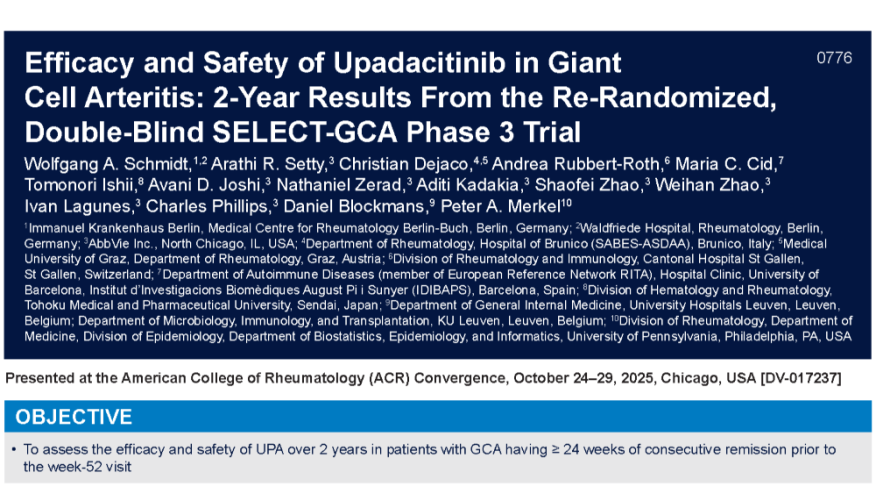Equal Safety of JAK Inhibitors and TNF Inhibitors Save

JAMA has published a systematic review and meta-analysis of head-to-head studies showing there was no meaningful difference in safety events observed when taking either JAK inhibitor (JAKi) vs TNF antagonist (TNFi) therapies for the treatment of immune-mediated inflammatory diseases (IMIDs).
Safety concerns with TNFi and JAKi has been heightened since the publication of the ORAL Surveillance trial in older high-risk RA patients, followed by strict regulatory guidance imposed by the US Food and Drug Administration and the European Medicines Agency - specifically restricting use of all JAK inhibitors after failure of, or contraindications to, TNF antagonists, regardless of indication.
This study examined head-to-head effectiveness studies in adults with IMIDs (including RA, IBD, psoriasis or psoriatic arthritis, or spondyloarthropathy) treated with either JAKi or TNFi. The primary safety outcome was risk of serious infections, malignant neoplasms, MACEs, or VTE.
This meta-analysis included 42 head-to-head comparative effectiveness studies of 813 881 patients with IMIDs, had a low to moderate risk of bias.
For patients treated with JAK inhibitors or TNF antagonists, there was no meaningful differences in risk of:
- Serious infections (IR, 3.79 vs 3.03 per 100 person-years; pooled HR, 1.05 [95% CI, 0.97-1.13])
- Malignant neoplasms (IR, 1.00 vs 0.94 per 100 person-years; pooled HR, 1.02 [0.90-1.16])
- MACE (IR, 0.72 vs 0.66 per 100 person-years; pooled HR, 0.91 [0.80-1.04])
There was a higher risk of VTE with JAK inhibitors vs TNF antagonists (IR, 0.57 vs 0.52 per 100 person-years; pooled HR, 1.26 [95% CI, 1.03-1.54]).











If you are a health practitioner, you may Login/Register to comment.
Due to the nature of these comment forums, only health practitioners are allowed to comment at this time.